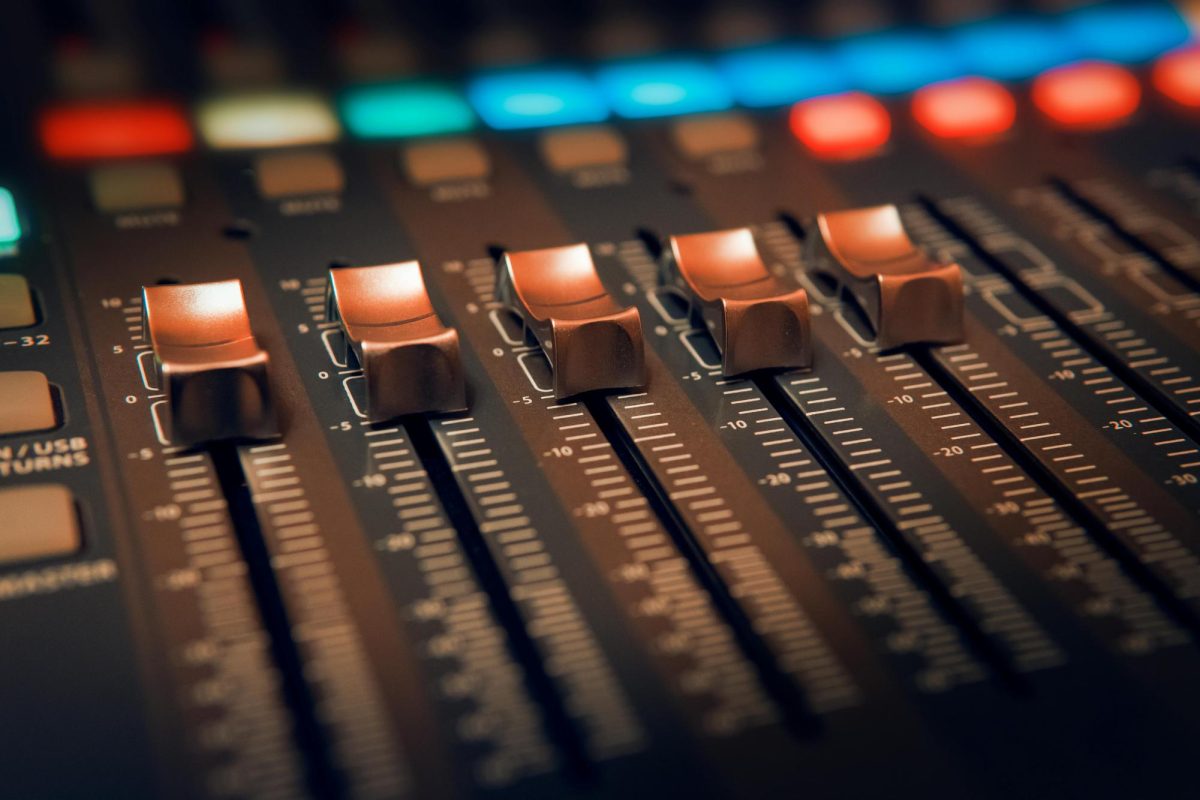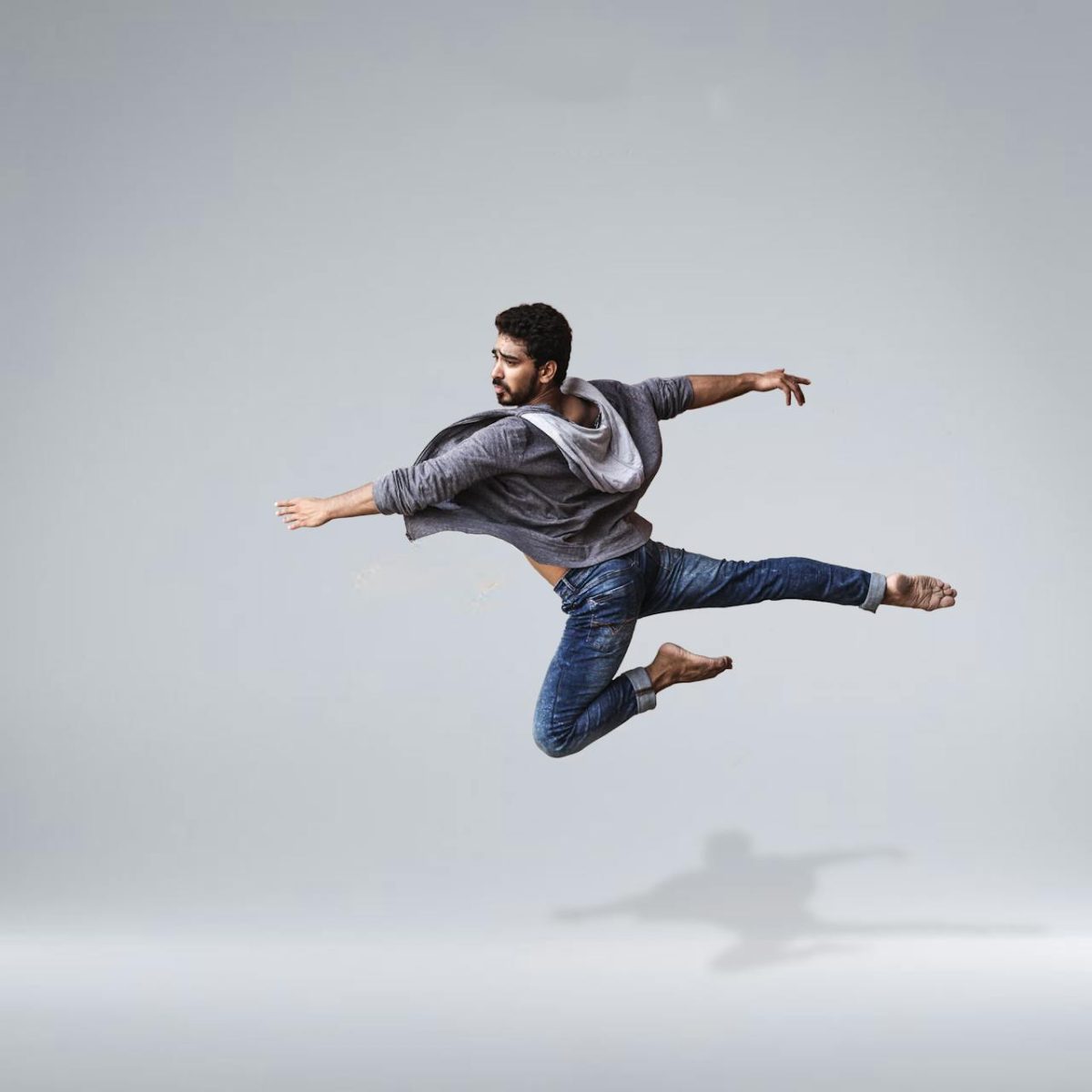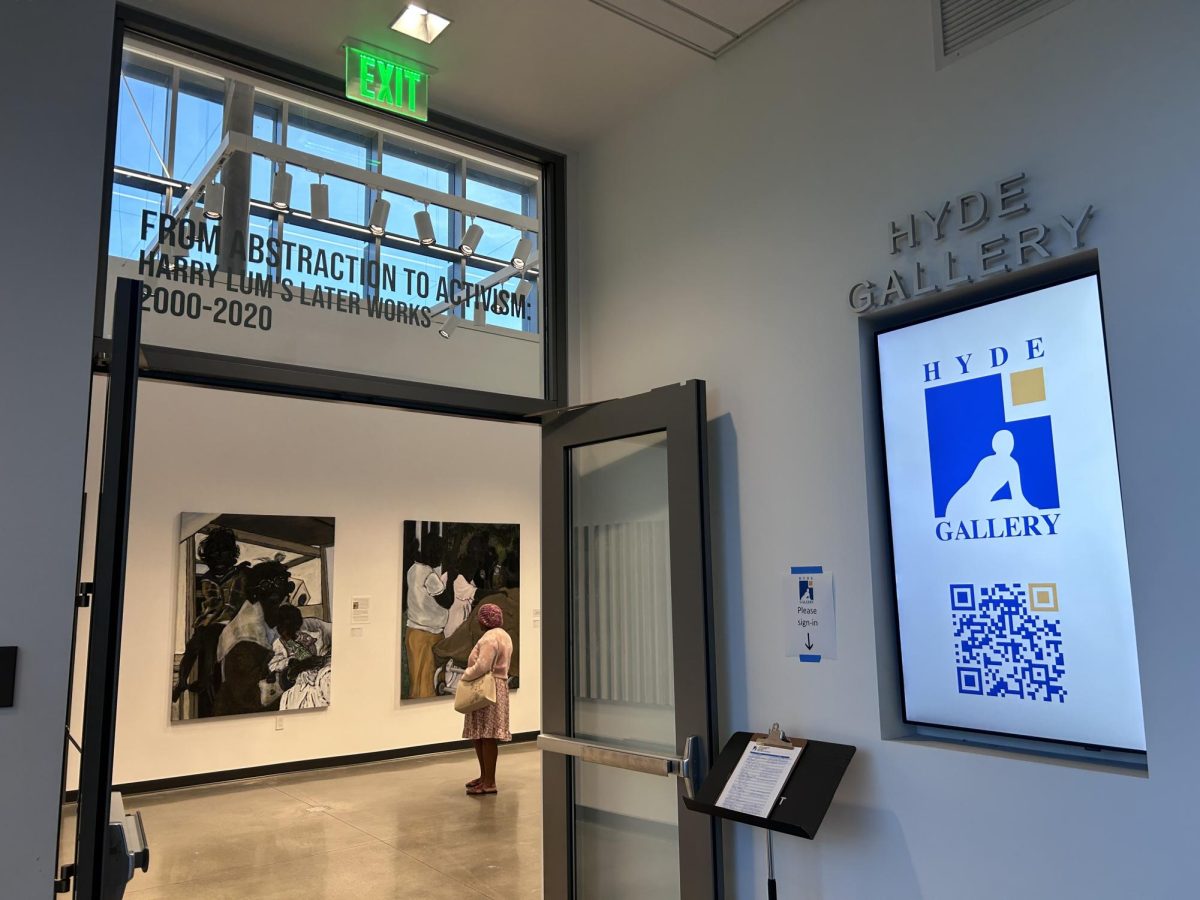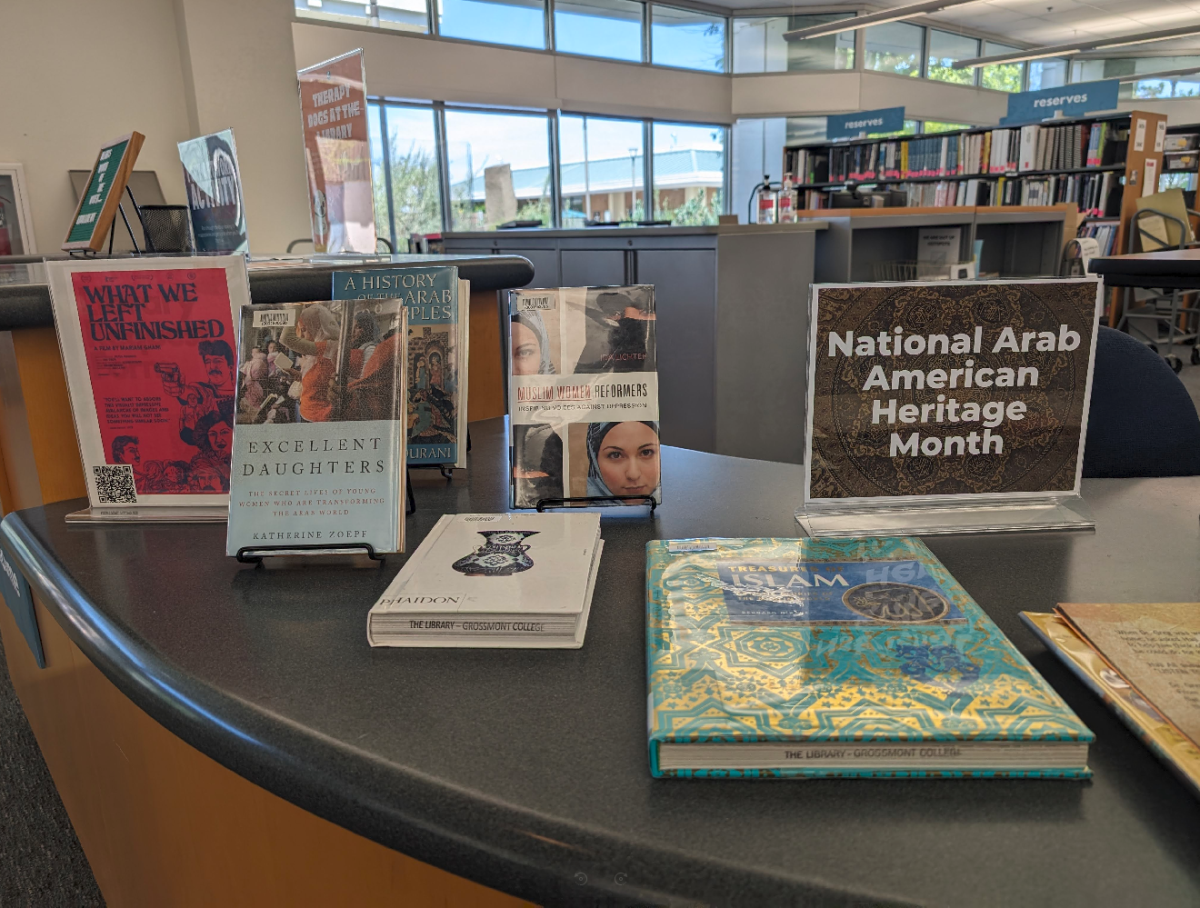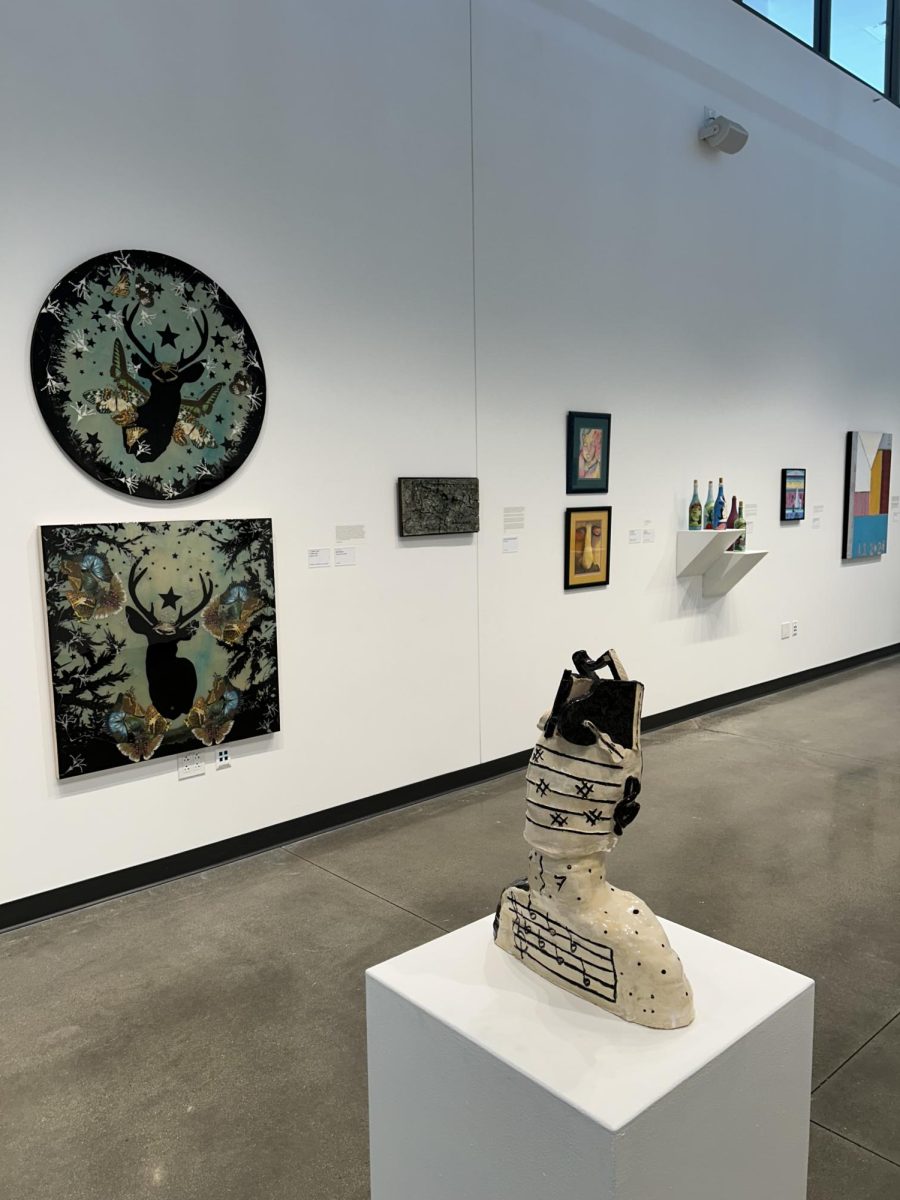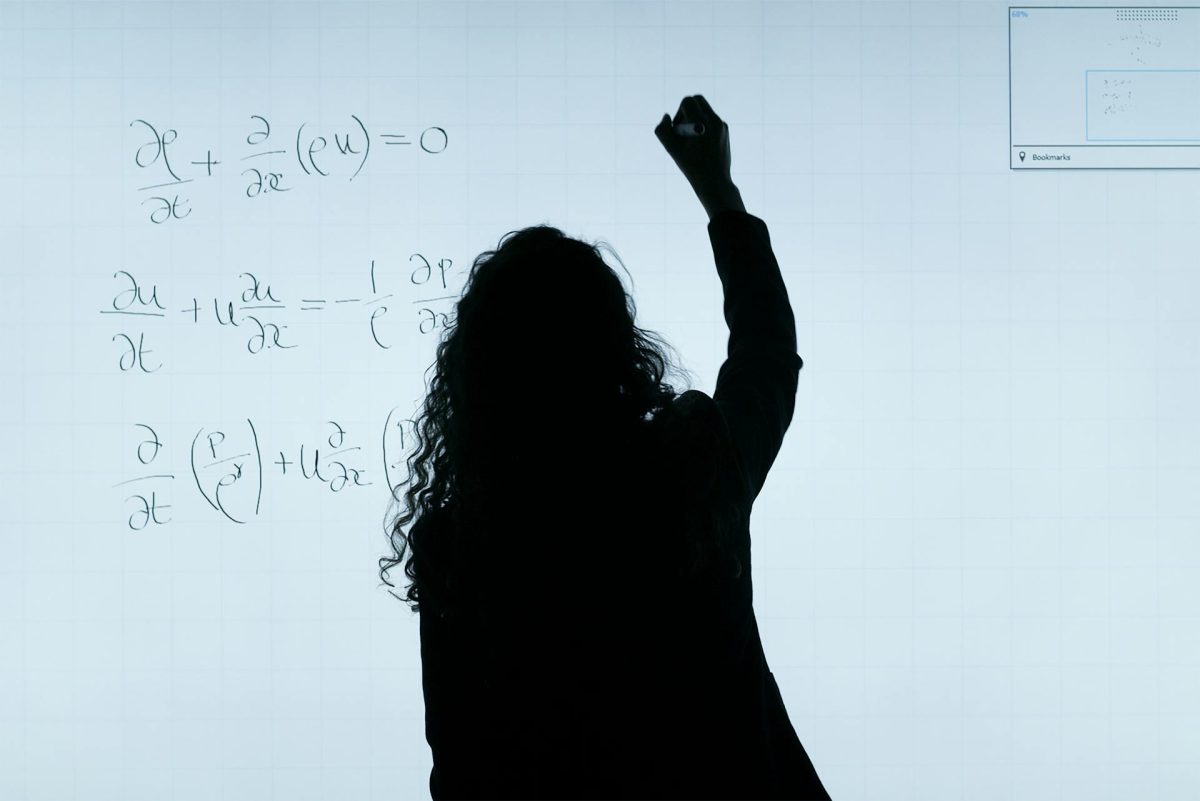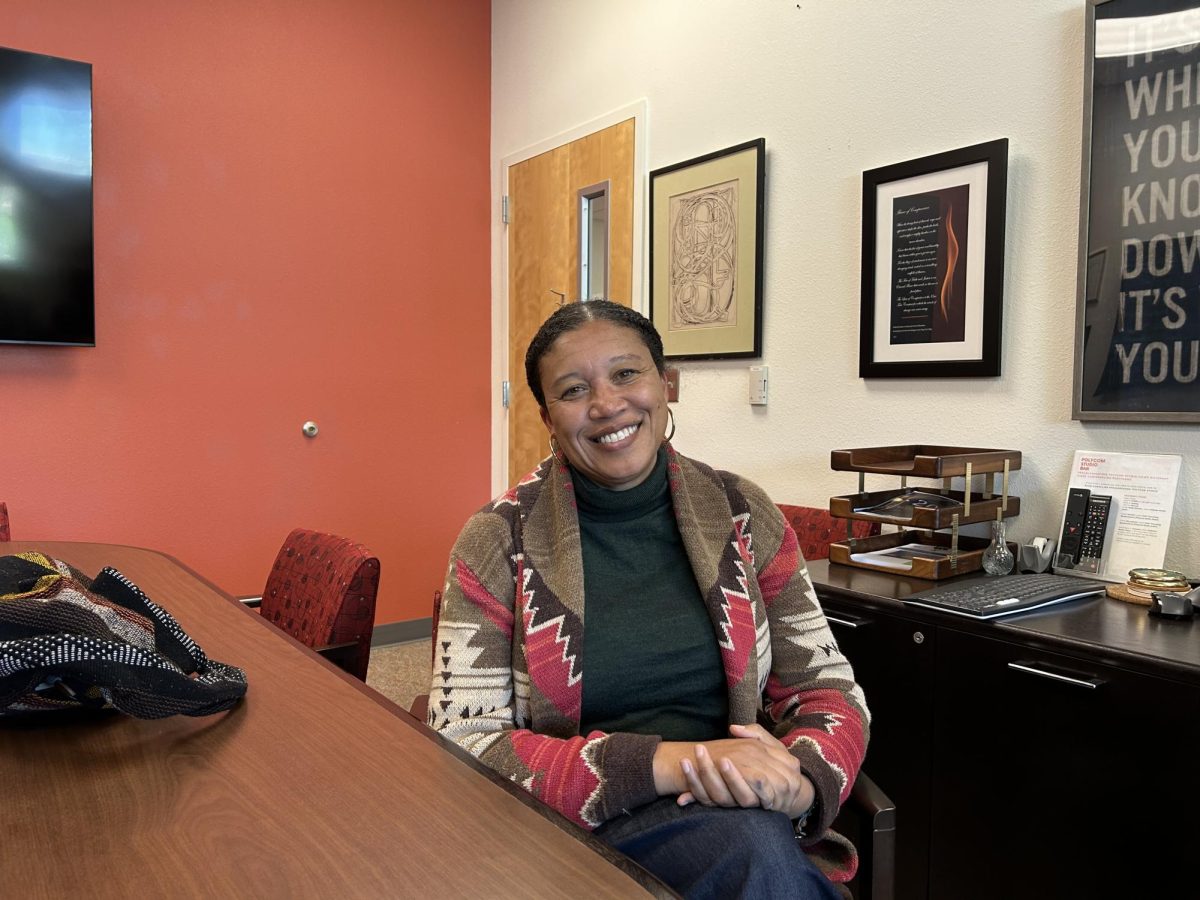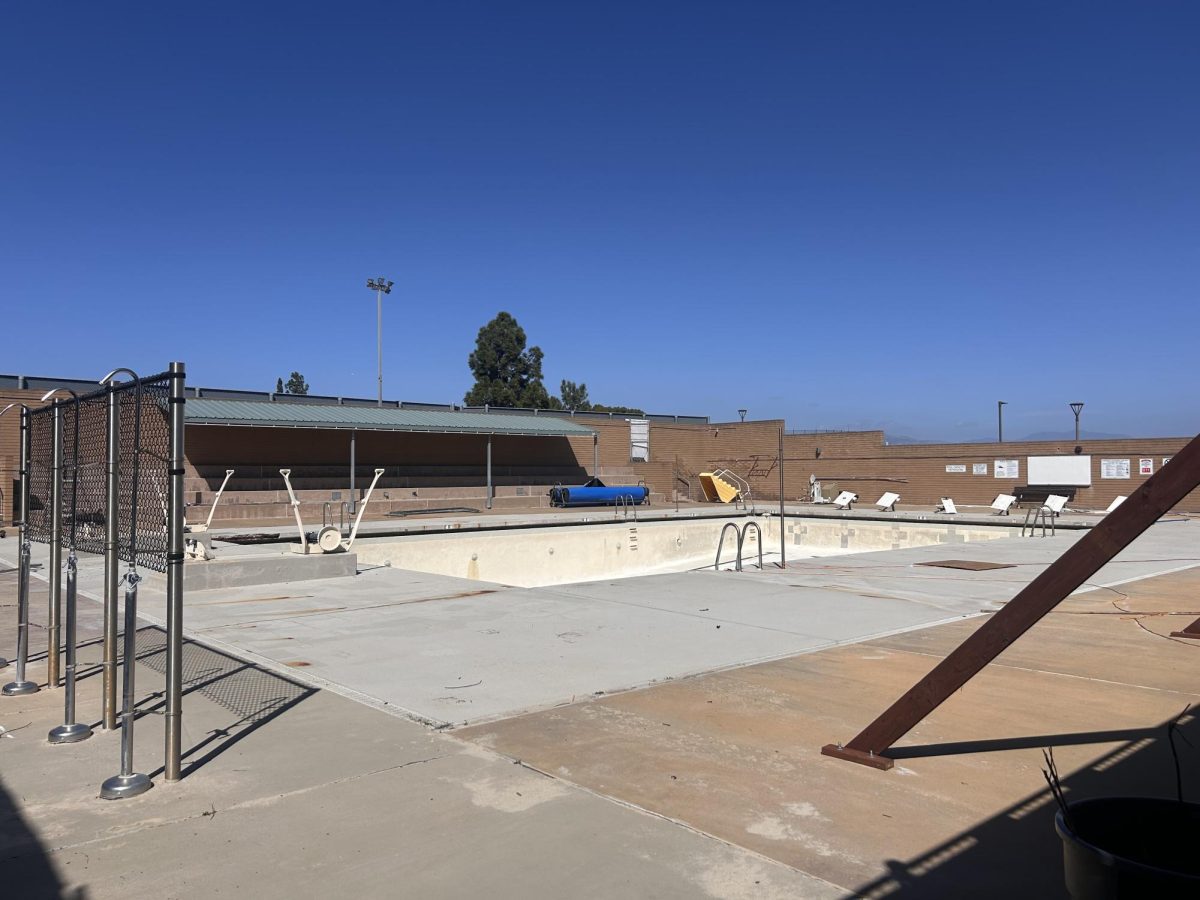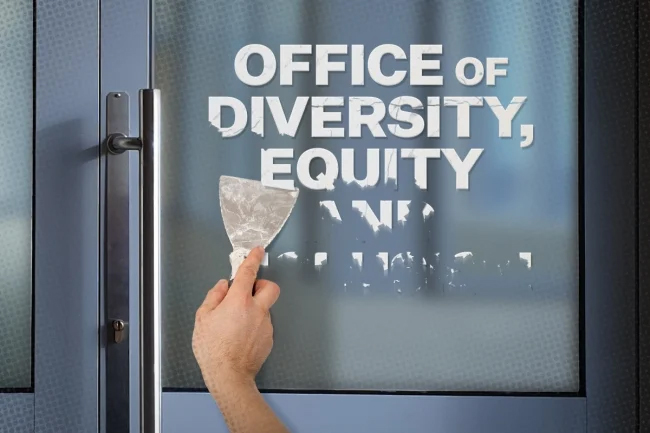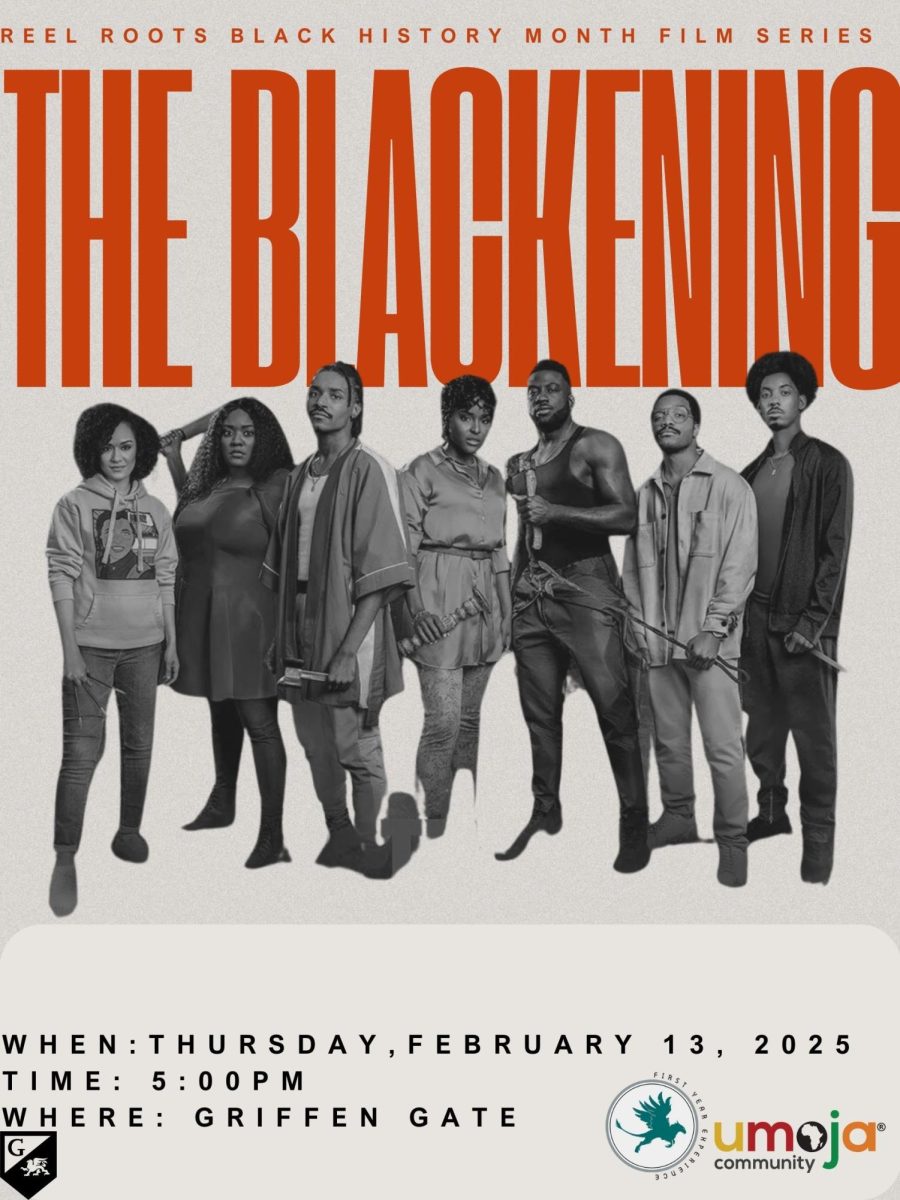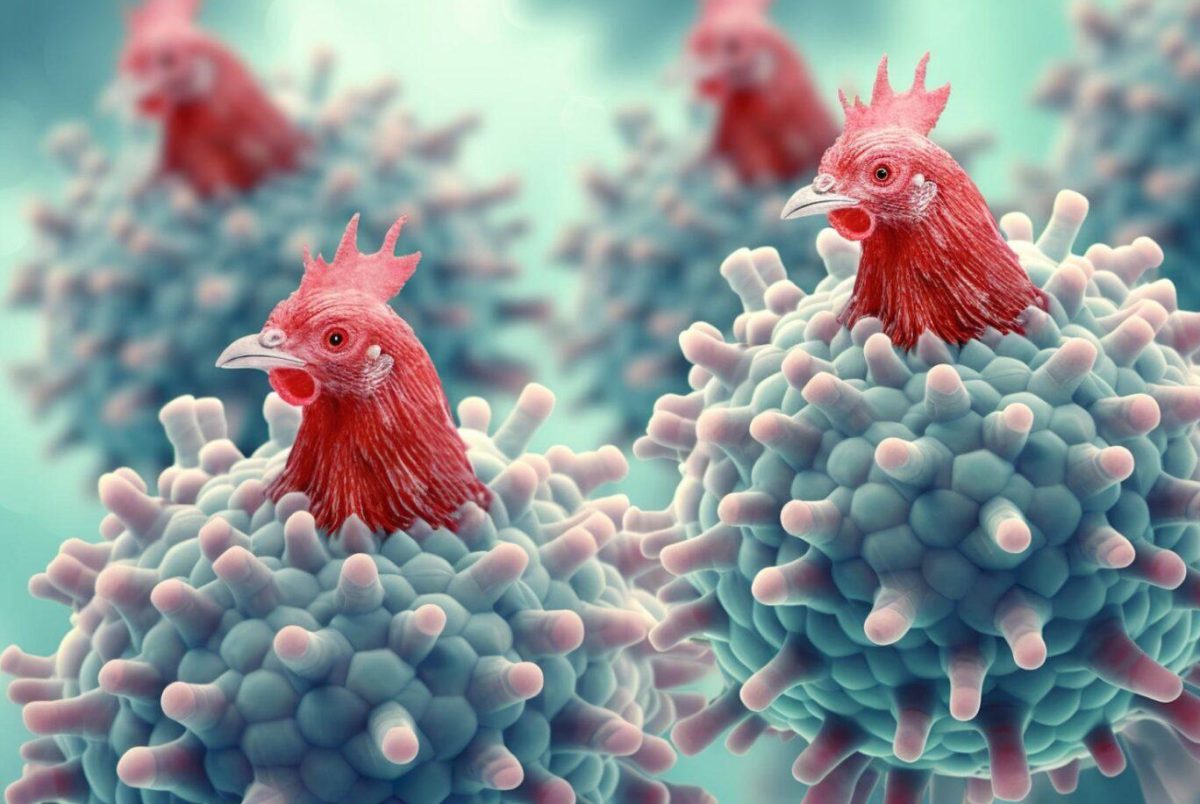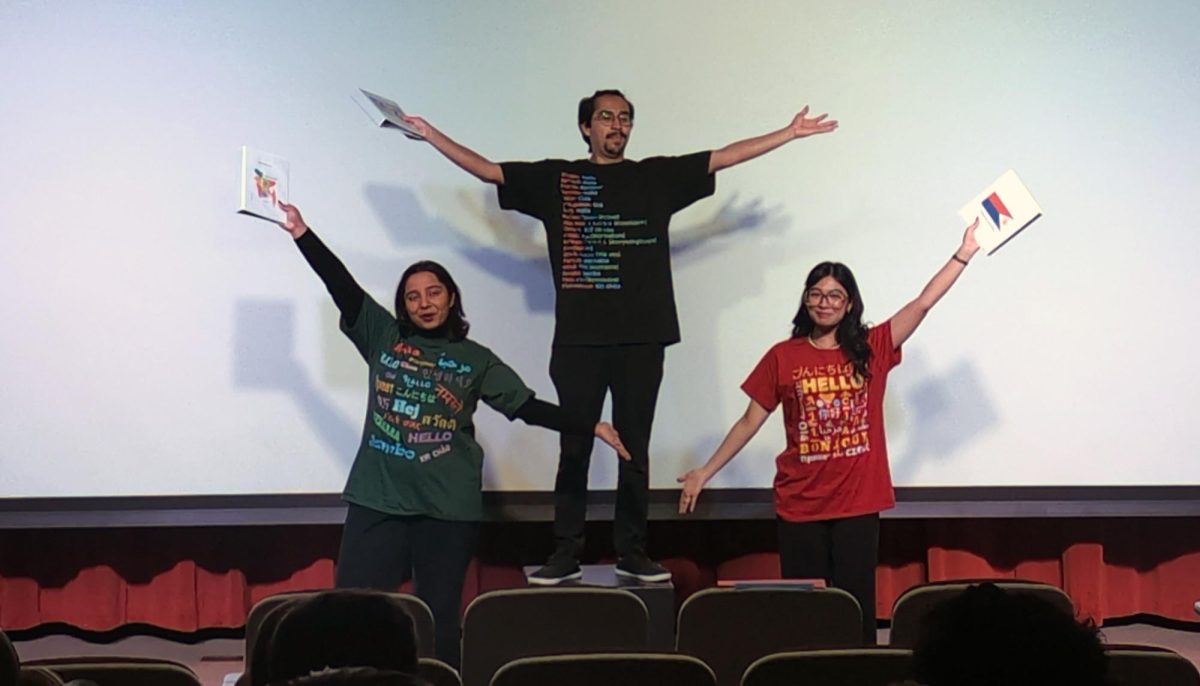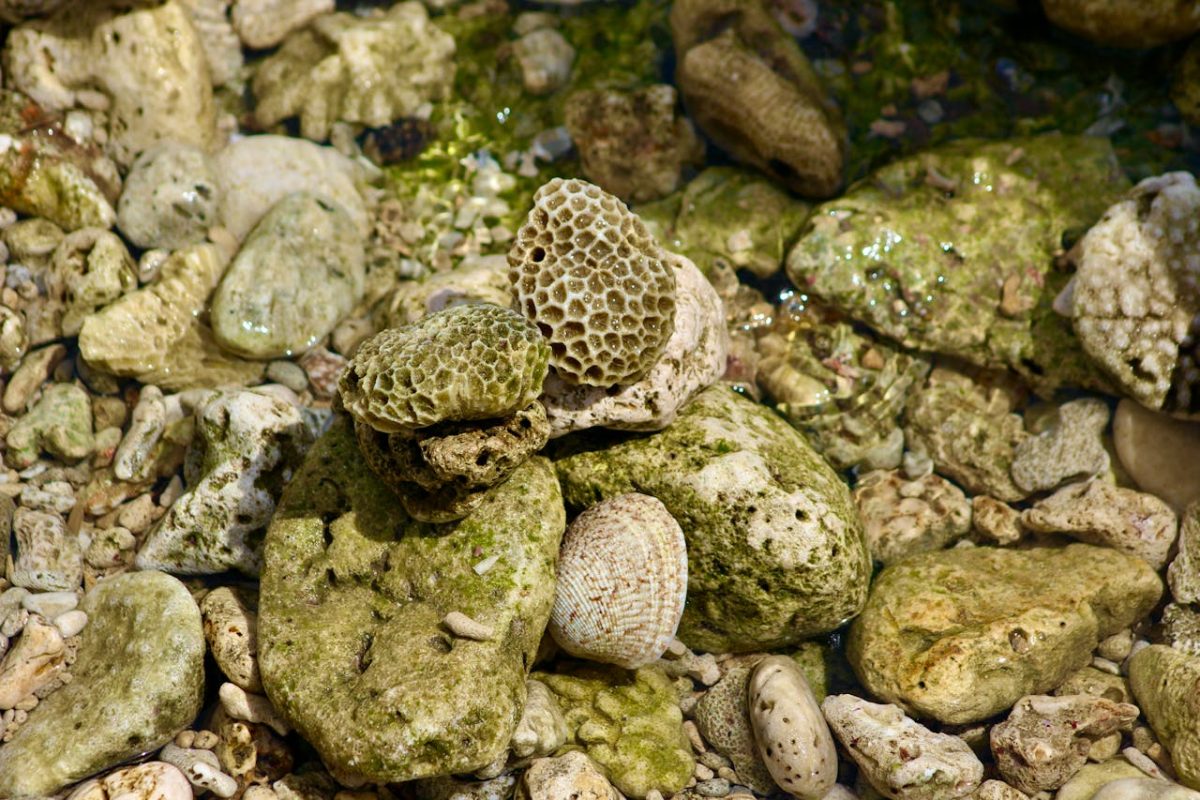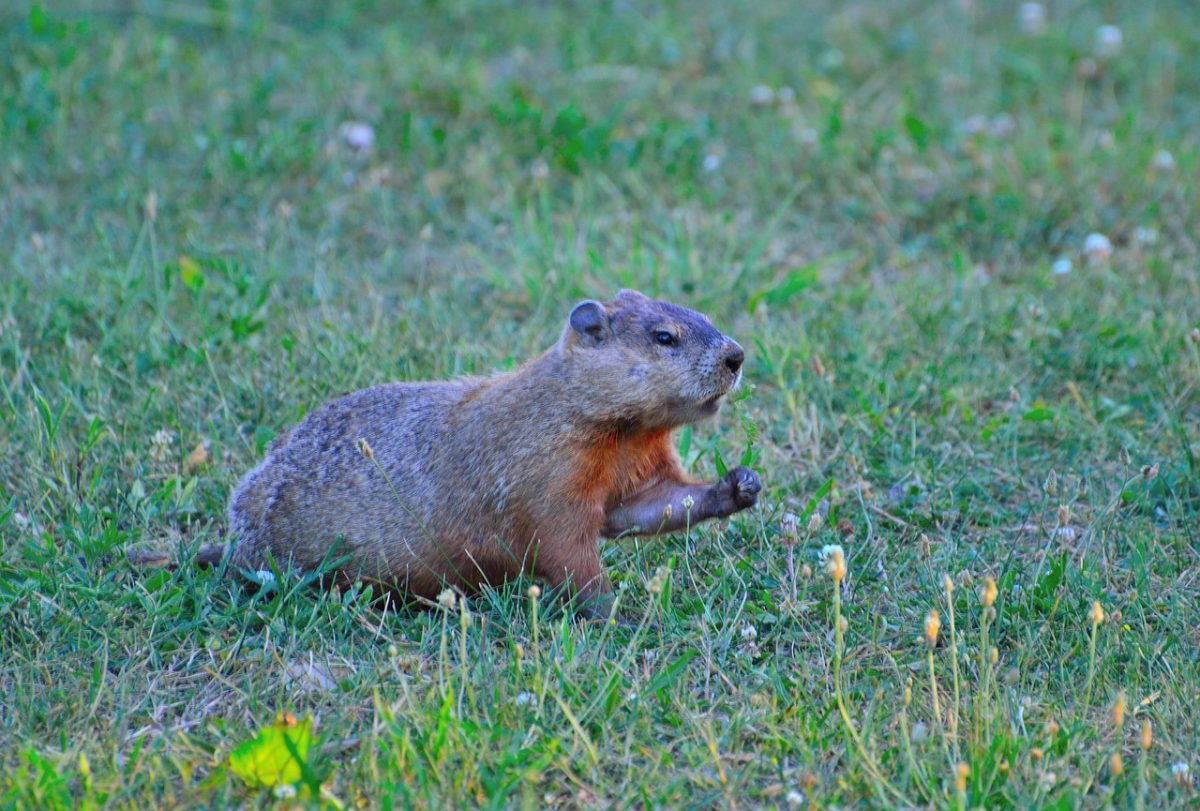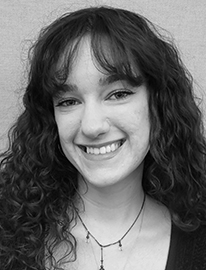Between sound design in movies and television, working control booths for stage productions, or even song and music production, audio engineers play a part in many major productions. However, these skills aren’t something you’re born with. Programs such as the Audio Production courses provided at Grossmont encourage students to explore their creativity and expand their knowledge regarding producing, recording and engineering audio.
“With me being a songwriter, I want to be able to make ‘sound worlds’,” Audio Production student Paul Quintero said. “This major is perfect because I can learn how to record and how to design sound.”
“I want to do sound design on tv shows and movies, so I decided to learn how to do audio production,” Angel Flores, who is also majoring in Audio Production, said. “Also, I love music and composing, so I wanted to learn how the process behind recording works, just in case I ever get the opportunity to record my own pieces.”
Audio production doesn’t limit students to only music production; a variety of opportunities are available within the sphere of audio engineering. Movies, television, stage plays, etc. all utilize audio engineers to ensure quality productions.
The courses at Grossmont allow students to explore many of these opportunities. Some of the work done by students can range from practicing on different digital audio workstations (DAWs) in the classroom to getting first-hand experience working on different productions. Many of these courses become prominent for students in pursuing their desired career paths.
Another Audio Production student, Ian Olivas, said: “The audio production classes were the most influential because we have a lot more access to the studio. We have to do most things without the help of the teachers; us figuring things out on our own helps us learn even more.”
“A standout moment from 216 was when we had to work with the Theater Department on the musical James and The Giant Peach, which threw me into the world of live sound mixing,” Flores said. “Working on that play was definitely one of my favorite memories from college by far; I learned so much about operating a soundboard and how live production works.”
Students who have finished these courses and are looking for more time in the recording studio can take an independent study class, MCOM-199. This class provides students with the “best way to learn” by allowing them to be “free to explore”, according to Quintero. During this independent study, students can work on personal projects with access to Grossmont’s Audio Control/ Production Studio, in room 20-133. They’re also able to assist in the MCOM-216 class by helping their peers with other projects and instruction.
In the recording studio, the amalgamation of skills learned throughout the audio production course gets put together. The three students, Flores, Quintero and Olivas, work together to create their personal projects. Despite having taken the same classes, their approaches to the production process are unique. Currently, they are working on song recording and mixing.
“Recording can be kind of a pain to be honest, especially when nothing seems to be working, and when all of the people involved can start to get frustrated,” Flores said. “It’s not all bad though, when you and your crew record something that sounds awesome, it’s easy to forget how repetitive and sluggish some recording sessions can be.”
After the recording is done, the mixing process begins. Mixing is when you take the recorded tracks and “enhance the sounds” to make it “listenable,” according to Olivas. “We record the vocals and guitar, and then from there we look for things we can expand on.”
“Mixing is what matters; you’re making it sound how you want it to sound, you’re creating your ‘sound world,’” Quintero said. “There’s a lot of steps, but it also relies on your training; you have to train your ear to analyze and know how to alter certain sounds. The mixing process requires a lot of repetitive and active listening.”
The mixing process can often be lengthy and tedious. The DAW, Pro-Tools, is the program used to mix the recordings. Pro-Tools allows creators to record, edit and produce audio files. There are a variety of DAWs available, however, Pro-Tools is considered the “industry standard” for audio production. As such, students are taught how to use this application throughout the audio production program at Grossmont.
The recording process is often divided into pre-production, the planning phase; production, the recording phase; and post-production, the mixing and mastering phase.
“Post-production is where the magic happens,” Quintero said. “It’s all problem-solving; you start from something raw and then you create something that you have in mind, which all happens in post-production. Having that final product feels so cool, because it’s something you’ve created.”
About the production process, Flores said: “Watching the magic of production come to life never gets old. I’m always taken aback when I listen back to the tracks we recorded because they usually sound better than I remembered. The creative process is kind of random, and usually hits me out of the blue.”
Through Grossmont’s Audio Production program, there are a variety of paths that students can choose. There is no “right way” to go about these courses, which encourage exploration and creativity among students.
“Explore as much as you can; don’t look for shortcuts,” Quintero said. Any vision that you have for a project, problem-solve your way to that vision that you have. The more you do that, the more you explore and the more you expand your palette.”
Grossmont’s classes aren’t the only place where these skills can be learned. “Seek learning outside of school; work with other people in the field and learn from them,” Flores said. “Be curious enough to explore all paths in audio production. I really recommend people looking to get into audio to learn how it relates to video as well. Try to find other people just as curious as you are to work with.”
“Be curious and don’t be afraid to follow your curiosity; curiousness is always the best thing you can have when it comes to problem-solving,” Olivas said. “Don’t be afraid to explore.”


